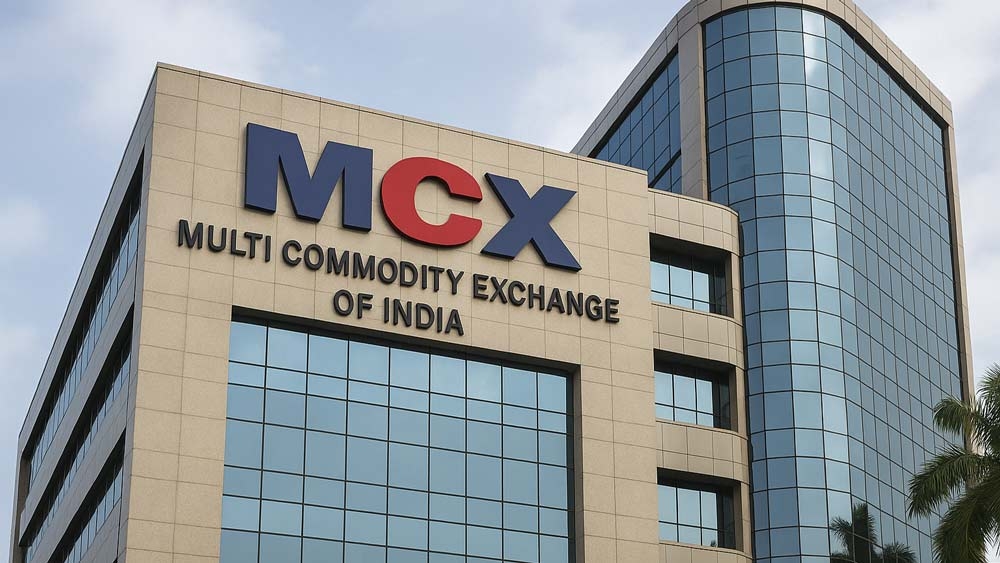



What is MCX?
MCX, or Multi Commodity Exchange of India Ltd, is a commodity derivatives exchange headquartered in Mumbai,
launched in November 2003. Initially overseen by the Forward Markets Commission (FMC), in 2016 it came under SEBI
(Securities and Exchange Board of India). MCX acts as a digital trading platform for a wide range of commodity futures,
allowing investors to hedge, speculate, or diversify their portfolios with real-time price discovery and standardised
contracts.
Commodities Traded on MCX
MCX captures over 60% of India's commodity futures market. It offers a variety of trading options across sectors:
- Agricultural Commodities: Cotton, Soybean & Soybean Oil, Castor Seeds, Mentha Oil
- Metals: Gold, Silver, Copper, Aluminum, Lead, Nickel, Zinc
- Energy: Crude Oil, Natural Gas
- Other Soft Commodities: Coffee, Sugar
What Drives Commodity Prices on MCX?
1. Supply & Demand Dynamics: Basic economics! Any mismatch causes prices to fluctuate sharply.
2. Geopolitical Situations: War, political instability, embargoes, and trade sanctions directly affect commodities.
3. Production Costs: Higher input or labor costs = higher commodity prices.
4. Technological Innovations: Efficiency in production leads to better output and cost control.
Features of MCX Trading
1. Portfolio Diversification: Commodities don't always follow stock market trends.
2. Hedging Opportunities: Protect against price volatility - crucial for sectors dependent on raw materials.
3. Inflation Protection: Commodities like gold retain value during inflationary periods.
4. Liquidity & Accessibility: Easy entry and exit with futures contracts, without physical delivery.
Why Trade on MCX?
- Transparency: Real-time pricing and order books provide fair access
- Flexibility: Multiple contract durations available
What is MCX? A Complete Guide to Commodity Trading in India
- Risk Management: Hedging tools reduce exposure
- Wide Reach: Trade via brokers across India
How to Start Trading on MCX - Step-by-Step
1. Choose a SEBI-registered broker (e.g., Angel One)
2. Open a Commodity Trading & Demat Account
3. Complete KYC: Aadhaar, PAN, Photo
4. Fund Your Account
5. Start Trading: Select your commodity, set price and quantity
External Factors Influencing Commodity Markets
- Weather Conditions: Droughts or floods affect agricultural outputs
- Economic Trends: Demand in manufacturing boosts metal prices
- Government Policies: Subsidies, tariffs, MSPs influence market dynamics
Conclusion
Whether you're an investor, trader, or business managing input costs, MCX offers an efficient, regulated platform.
Explore commodity trading through a trusted broker like Angel One and diversify your investment journey.